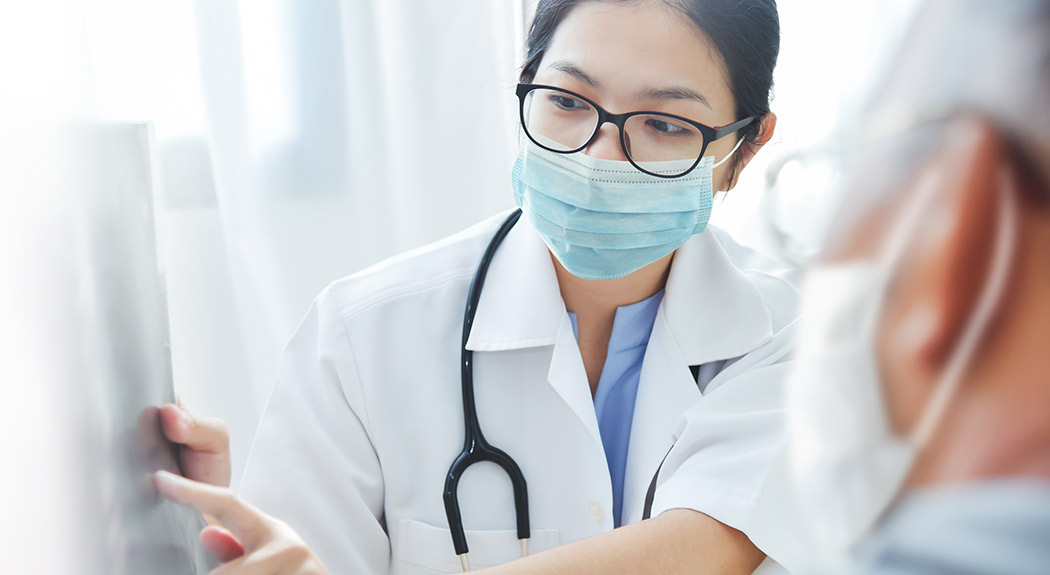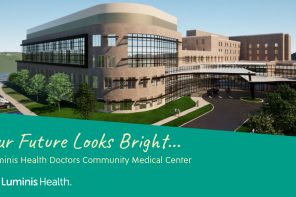Primary care is your first line of defense against fighting illness and detecting health issues that may require medical attention.
As primary care providers (PCP), we are here to support all of your medical care. This includes acute care for those who are ill, routine care for chronic conditions, preventive medicine, vaccination to prevent disease, and addressing your mental health and wellbeing. As we continue to learn more about the coronavirus (COVID-19), patients who are concerned about their health can always turn to their PCP for help.
Primary care still plays a critical role in your healthcare, even during a pandemic. It’s normal to feel anxious about coming into a doctor’s office even as social distancing guidelines begin to relax. However, your health shouldn’t take a back seat as a result. If you have a chronic condition or new illness, your symptoms won’t wait until the end of the pandemic. Neither should you.
Medical offices have safety protocols in place to provide a safe environment for patients and staff. While telehealth is an option, not all visits can be done virtually. For patients who come in, we take the necessary steps to keep you and our staff safe, starting with a screening call the day before your visit. We implement masking and temperature checks upon arrival. And patients now go directly to the exam room, bypassing the waiting room. We also screen our staff and health care providers daily.
While COVID-19 is still at the top of everyone’s mind, other illnesses and medical needs still require attention and care. Minor health concerns can grow into issues that are more serious. This is especially true if you ignore symptoms and don’t seek treatment.
Connect with your PCP to stay-up-to-date on preventive care. Visiting your PCP can help you keep track of routine screenings, immunizations, annual check-ups and sustain a healthy lifestyle. By staying connected with your PCP, you prevent or minimize your risk of disease. If you’re going in for a mammogram or colorectal screening, for example, your PCP can help guide you on next steps.
Talk to your PCP about making lifestyle changes. Primary care focuses on you as an individual. PCPs can be a great support in answering questions, providing advice and helping you make lifestyle changes. Whether giving advice on nutrition or exercise recommendations, your PCP can help you maintain your overall health and wellness goals.
Check in with your PCP after your appointment. If you were recently treated for an acute condition, such as an infection or injury, it’s a good idea to check in with your PCP to make sure you’re healing properly. Also, talking with your PCP gives you the opportunity to ask additional questions about your progress. Your provider can also give you more information that can help make your treatment understandable and easy to follow.
Consider support groups. Your PCP can recommend support groups that can help you enhance your healthcare experience. While you continue to practice social distancing, it might be a good idea to connect with a support group. Support groups can help you improve your health.
Primary care is important to your overall health. COVID-19 shouldn’t delay your medical care. Reach out to your PCP and make an appointment. If you have a concern, we’re ready to handle it. We don’t want you to feel like your concern isn’t important during this pandemic. If it matters to you, it matters to us. Hospitals and physician offices are safe, ready and open to continue providing high quality care for all your health needs.
Andrew McGlone, MD, is a physician with Anne Arundel Medical Group Annapolis Primary Care.




